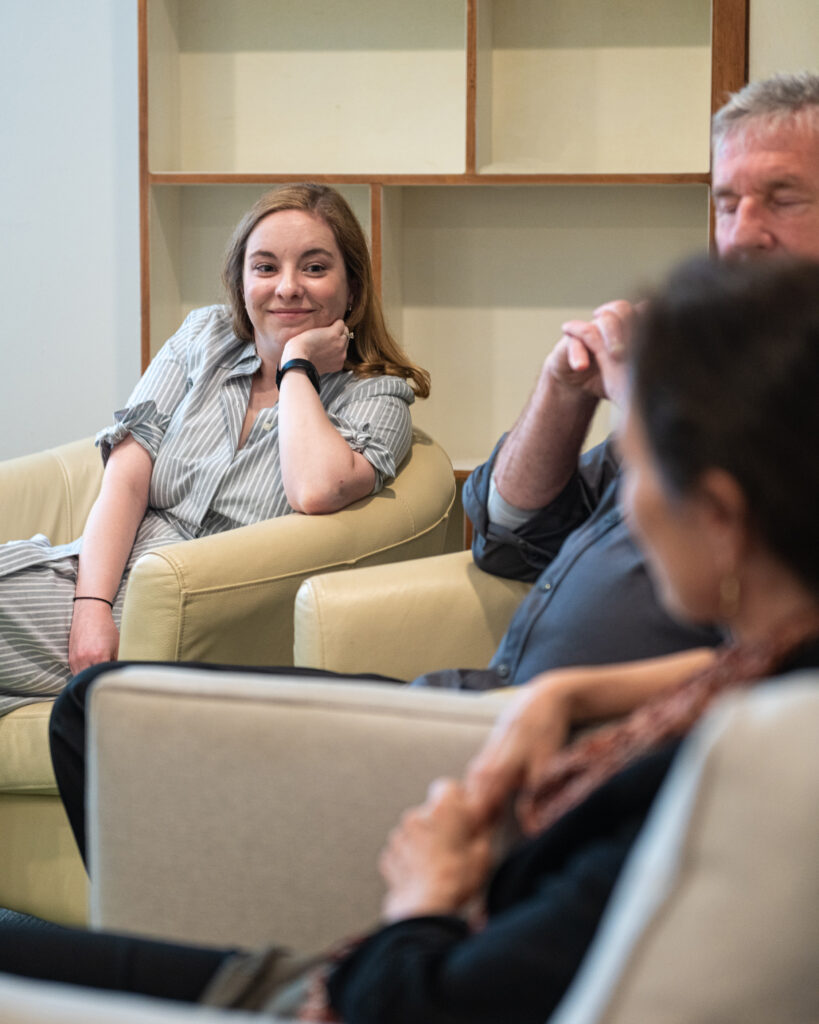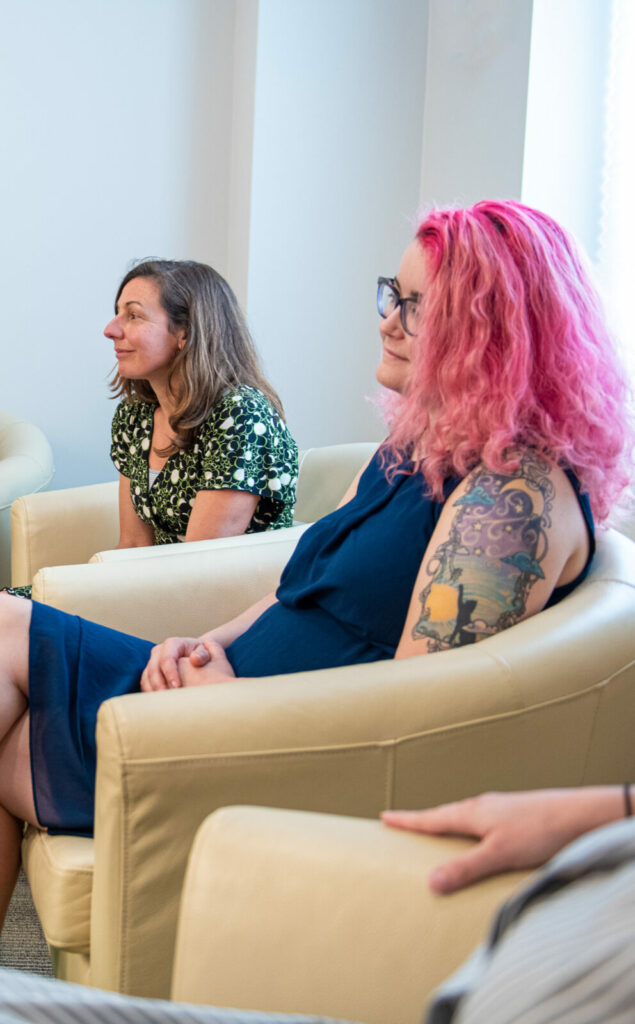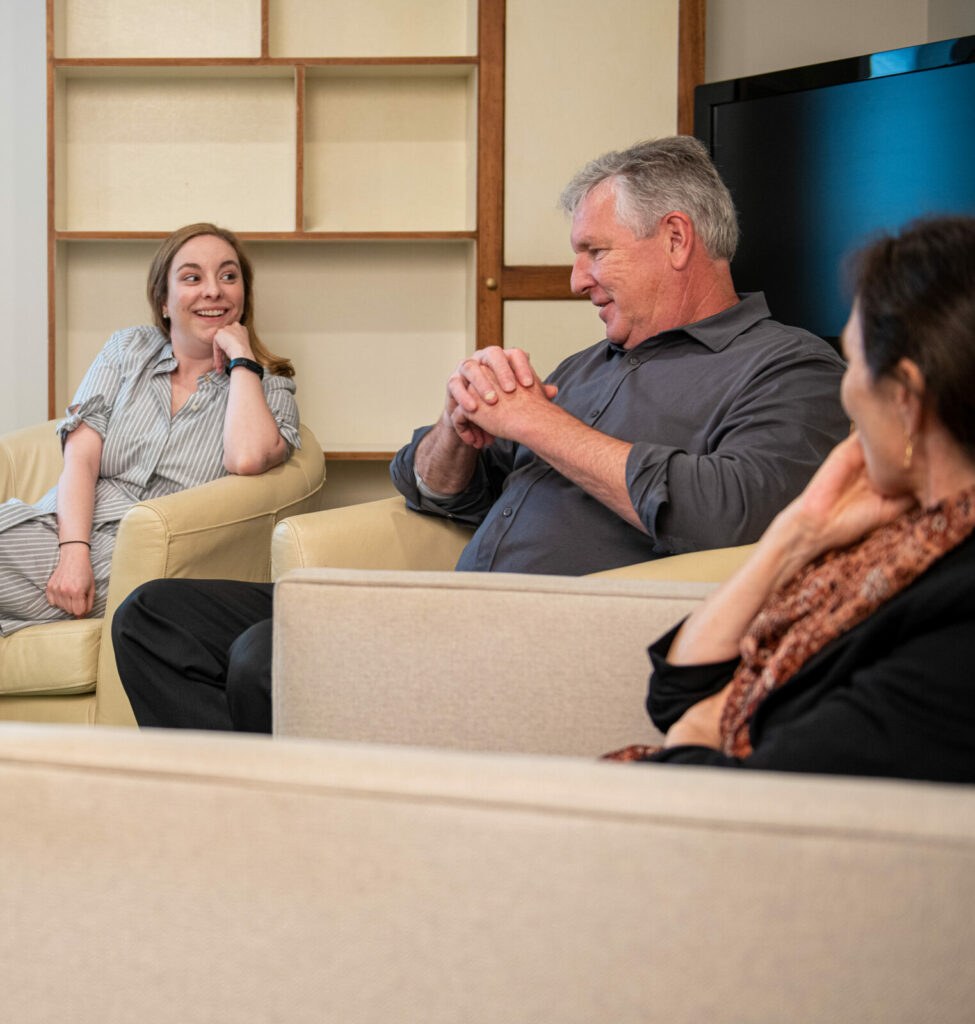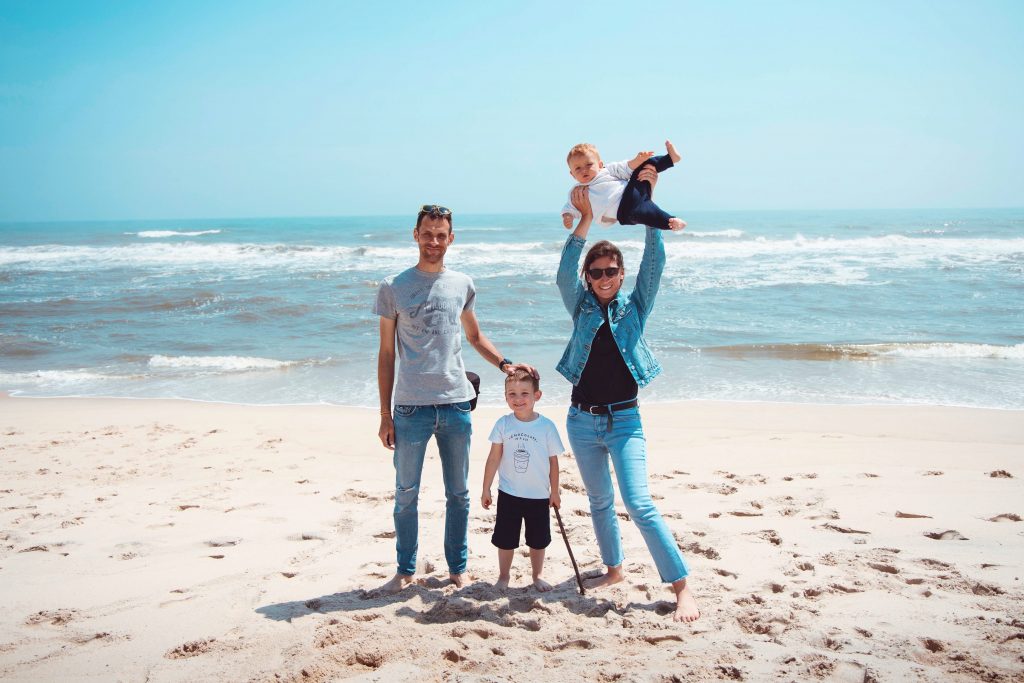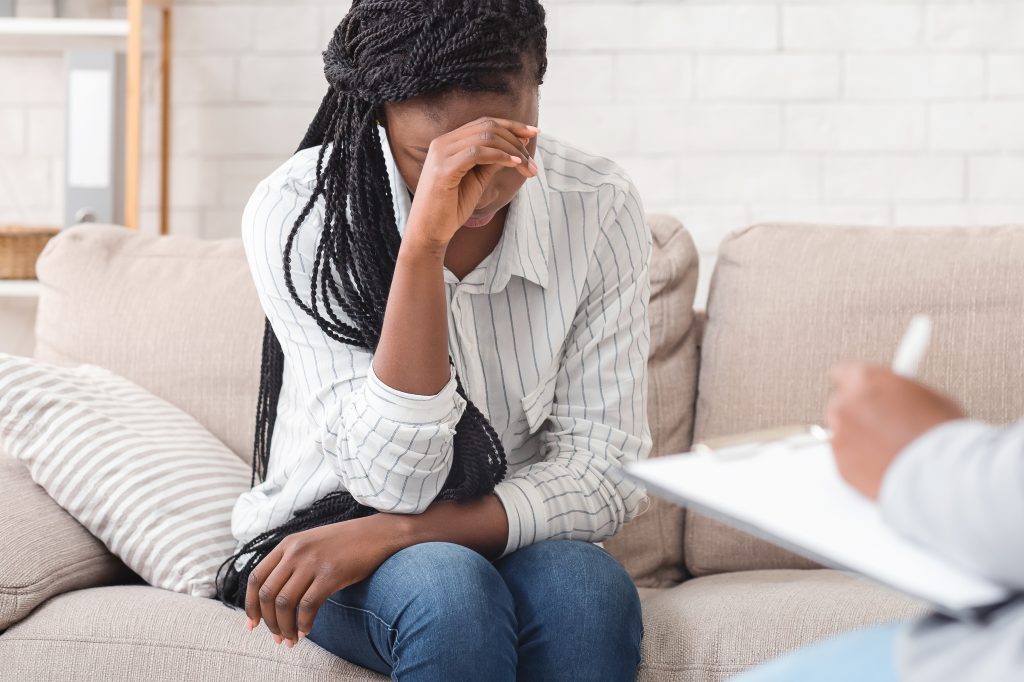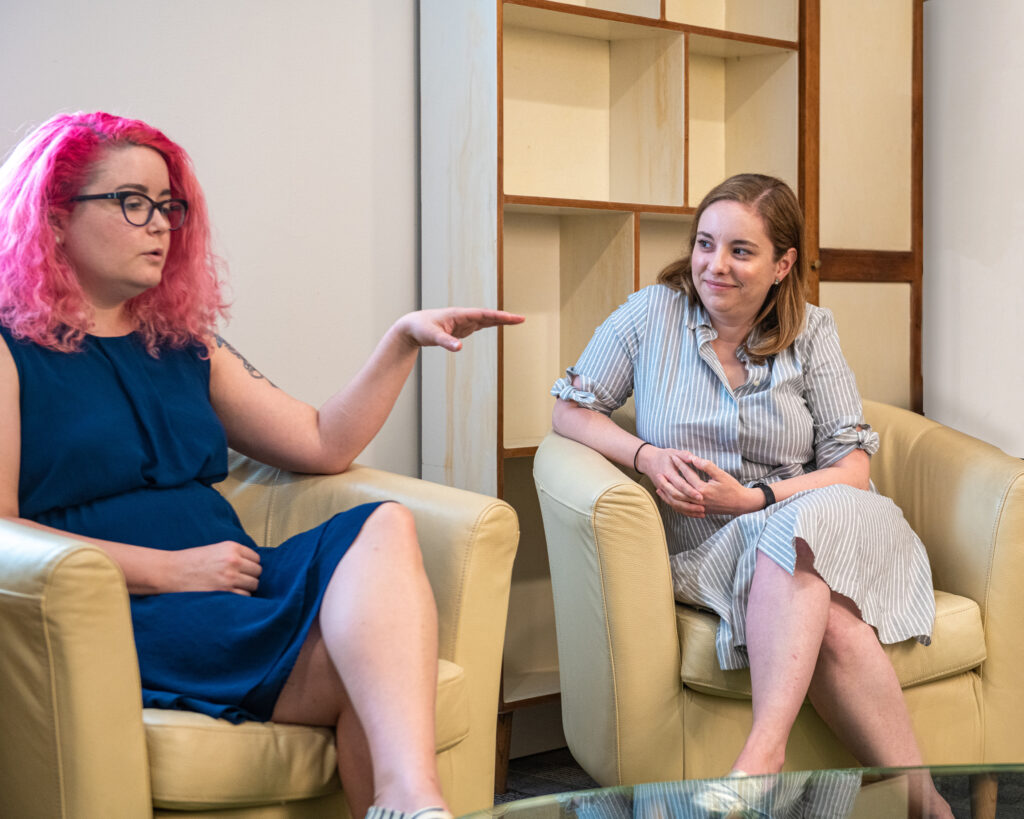Family and couples therapy
We use particular therapies for particular problems. Everything at Psych Garden is individualized and based on careful assessment.
Depending on the issue and attachment style, we see people together or separately, and use a behavioral or emotional focus – using CRAFT or EFT as core modalities.
People have a hard time making changes and sustaining improvements because it isn’t just about them. Families can be burned out by conflict, psychiatric symptoms, and addictions. Connection can be in tatters, with cycles of beseeching, withdrawal and rage. Shifting to adaptive cycles can be hard. However, when families know how to, they can slow down, set healthy limits with love, empathize and encourage. Then, true healing and connection are possible.

CRAFT for addictions
We use Contingency Reinforcement Approach – Family Therapy (CRAFT) as the cornerstone of our approach. We see the family (or partner) as separate from the person at the center of concern, even if – or perhaps especially if – that person is disinterested in treatment for themselves. We train the family in effective communication, collaborative problem solving, self-care, healthy limit-setting and positive encouragement of healthy goals. Instead of making decisions based on fear, which can produce nagging, cajoling, forcing, criticism and alienation, families can use what works. It’s hard to do well, but we do, And it’s one of the most important tools we have. It is astounding what a difference this makes.
We are fortunate to have Drew Welch RN lead this team. He is widely regarded and sought out by families across the world for his careful attunement, kindness and skill in this model.
Emotionally focused therapy for couples
We use EFT (Emotionally Focused Therapy), an empirically based model that has been shown to have recovery rates that are higher than any other forms of therapy for couples.
EFT is a combination of humanistic, family systems, experiential, and attachment theories. It provides you with a clear map and rationale for what is happening when you and your partner get disconnected or escalate into conflict. Even if the outcome is separation, the clients feel clearer about what happened and about what they would need from a partner and themselves in the future.
We are lucky to have Danielle Green LICSW oversee our program. She is a nationally respected teacher and supervisor of this approach, with 20 years’ experience.
High complexity cases
People with complex issues need coordinated care – something sorely lacking in our healthcare system, where treaters don’t talk to each other and families are left to pick up the pieces. At Psych Garden, the team meets every day to discuss cases and to plan. Our High Complexity Track brings a honed care model utilizing individual, group, family, coaching and psychopharm clinicians.
After assessment, we will meet as a team (meaning the patient + family + all the clinicians) and, as progress is made on several fronts, we continue to talk and meet regularly, adapting the plan as we go. While this entails some extra costs, it can prevent the cycle of inpatient and residential care and get people moving forward in the real world.

